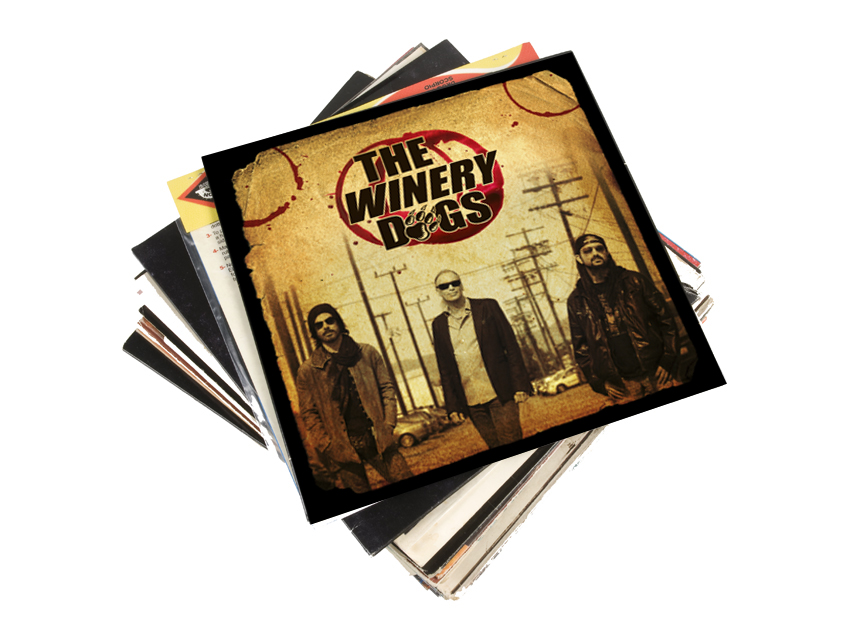
Mike Portnoy, Billy Sheehan and Richie Kotzen talk The Winery Dogs CD track-by-track
Mike Portnoy is a lot of people's favorite drummer, Billy Sheehan is a lot of people's favorite bassist, and Richie Kotzen is a lot of people's favorite guitarist. But as The Winery Dogs, they very well could be a lot of people's favorite new band. Yes, their self-titled debut album is that kind of winner.
“People are saying some pretty nice things," Sheehan says, chuckling. "You gotta love that. I think what's good about what we're doing is, we're not trying to do a supergroup kind of thing. I was already friends with Mike, and I was already friends with Richie. We had an idea of what we were getting into with this thing, and that chemistry came out in the songs."
Not surprisingly, when word got out last year that the three instrumental greats were working together, tongues started wagging about what many assumed would be a brand-new shred-fest-a-palooza. "That was the last thing we wanted to do," says Portnoy. "This is a very song-oriented band that’s based around the vocals. And I'm thrilled about that. Everything I’ve done with original bands has either been progressive or metal. This is the first time I’m doing something that’s ‘classic rock.'”
As for the Dogs' frontman, Kotzen is hoping that he can finally wake his homeland up to the fact that he has a voice. "I've built up a nice reputation internationally as a vocalist, guitar player and songwriter," he says, "but there's still a demographic here in the States that equates me with the shred stuff I did when I was 18. I find that mind-boggling." He thinks for a second, then adds with a laugh, "Of course, I'm always happy to change people’s opinions."
On the following pages Portnoy, Sheehan and Kotzen run down their debut album as The Winery Dogs track-by-track. The album will be released on 23 July via Loud & Proud Records. You can purchase at The Winery Dogs' web store, iTunes or on Amazon.
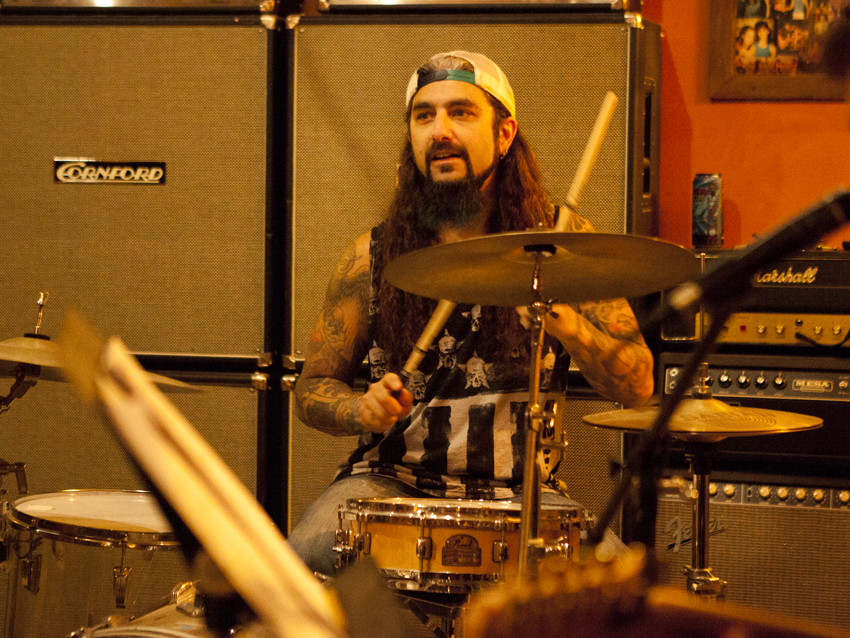
Elevate
Mike Portnoy: “For me, it’s a perfect album opener and a great track for people to get a first impression of what this band is about. It encompasses everything that we have to offer: killer riffs, hooky choruses and fantastic musicianship.
“The song gave everybody a spot to shine, but it really spotlights Richie is a cool way. He brings a whole different style of guitar playing to the table. He comes from a bluesier, more soulful background. He uses a Telecaster and plays with his fingers, so he's very different from any of the shredders, metal guys or prog guitarists I’ve played with over the years. Richie has a funky, almost Prince-like approach to the guitar – or even a Stevie Ray Vaughan feel. It’s exciting. He’s the real deal.”
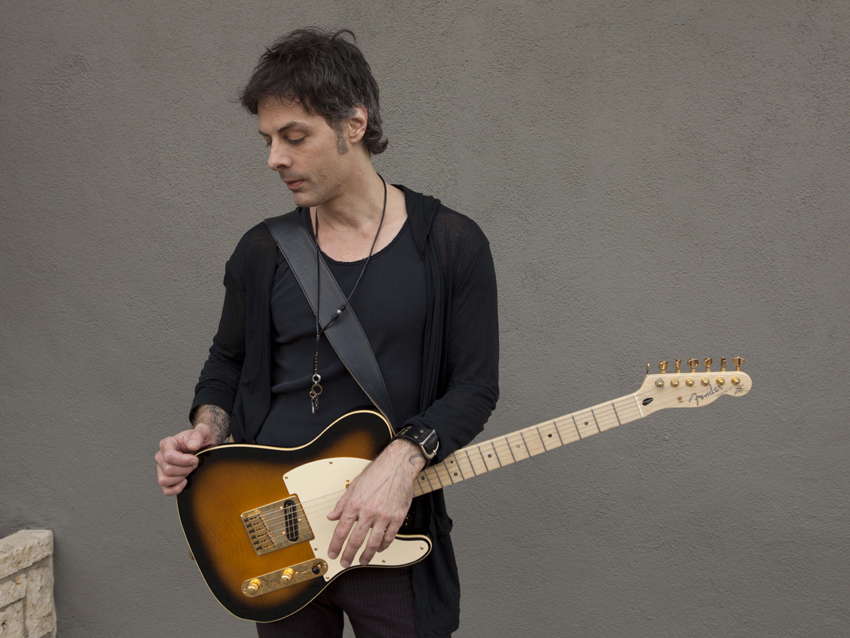
Desire
Richie Kotzen: “We were working on another song, and I went to go buy some cigarettes while the other guys were recording. When I came back, I picked up an acoustic and started jamming on a riff; it wrote itself in that moment. Mike came out into the dining room and said, ‘Man, that’s fucking awesome. We gotta develop that. Let’s do it!’
“The next day, we got going on it. I had the chorus and verse written, and we jammed on the middle section. We did things like that a lot on this record, putting pieces together. Billy did a really cool bass line, almost like a solo, but I doubled it. It sounds pretty amazing, the two of us playing in unison.
“I didn’t want to not do certain things like that, playing certain passages that show off our abilities; when you have such awesome players, you should take advantage of it. But we’re still musical, and we’re never losing the songs.”

We Are One
Billy Sheehan: “That riff in the beginning could have been pretty stock, but Richie put something else in it that really opened the whole thing up. His choice of notes is not standard at all. He has a way of doing something surprising, and I'll think, ‘Oh, well, that just got special!’ But when he does that, it makes me come up with different ways to play the bass. I love that.
“Richie does a nice droney, quiet vocal at first, but the pre-chorus comes in and he wails with his hard voice. Then you've got the chorus where he's singing ‘We are one,’ and it’s so beautiful and uplifting. Structurally and emotionally, this tune really works for me.”
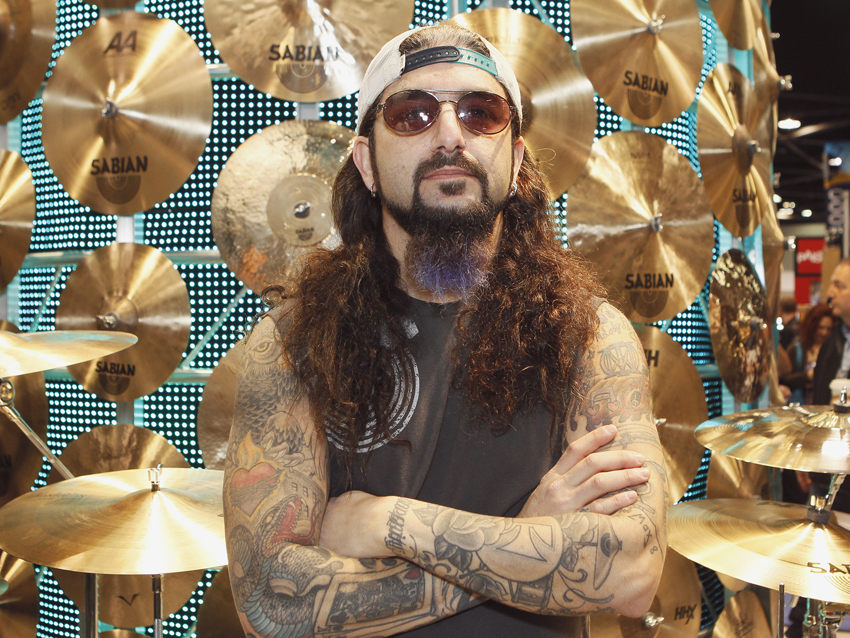
I'm No Angel
Portnoy: “It’s one of the ballads on the album, and it's got an unbelievably catchy chorus. It'll inevitably be one of the singles – it's feels like such a natural radio track. I really like how it shows the real emotional side to Richie’s vocal delivery and guitar playing.
“With the exception of the two that Richie brought in, we basically wrote and recorded all of the songs together, all of us doing them live in the studio. Once the music was done, Richie and Billy fine-tuned the bass and guitar, and Richie did the vocals. Then Billy and I added our vocals. We were going for a real live band sound. We’re a three-piece, and we wanted to sound like a three-piece. We didn’t want a million overdubs. A raw, authentic rock band was what we were going for.”
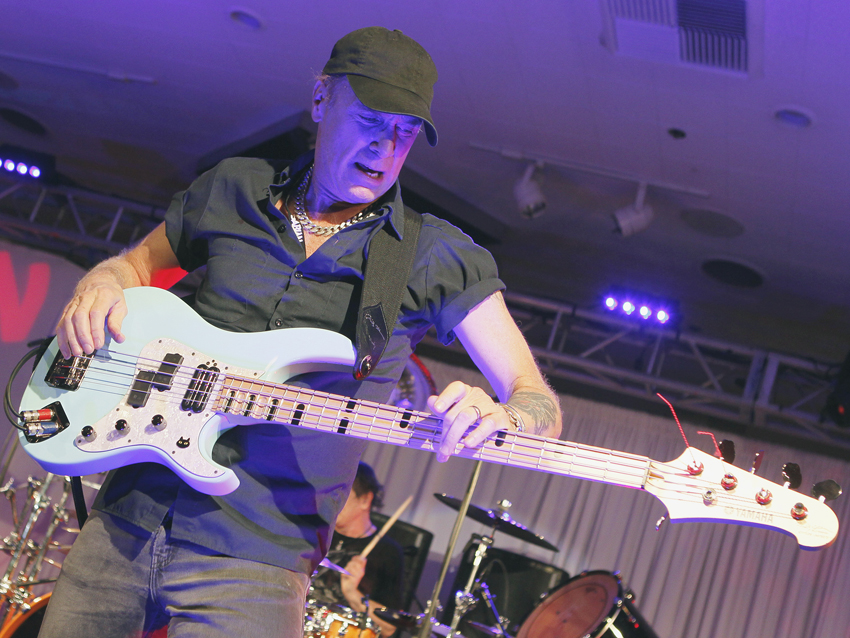
The Other Side
Sheehan: “This was a funny one. Mike started playing the drum riff that kicks off the song, but instead of playing just straight-up on him, I used the snare as a downbeat. It was confusing at first, but Richie came in and started scatting over it, and that was that – we were on our way to a song.
“Then we break off from where I’m using the snare as the downbeat, and we go into a more regular thing in the pre-chorus. Vocally, Richie is just killin’ me here. I have to give him tons of credit – he’s amazing.
Lyrically, to me, the idea of trying to reach to the other side of what we look at as reality, it’s more than just the usual ‘I-love-you-you-broke-my-heart’ stuff. Not that there’s anything wrong with that – some of the best songs revolve around those sentiments. But it’s great to aim higher than that.”
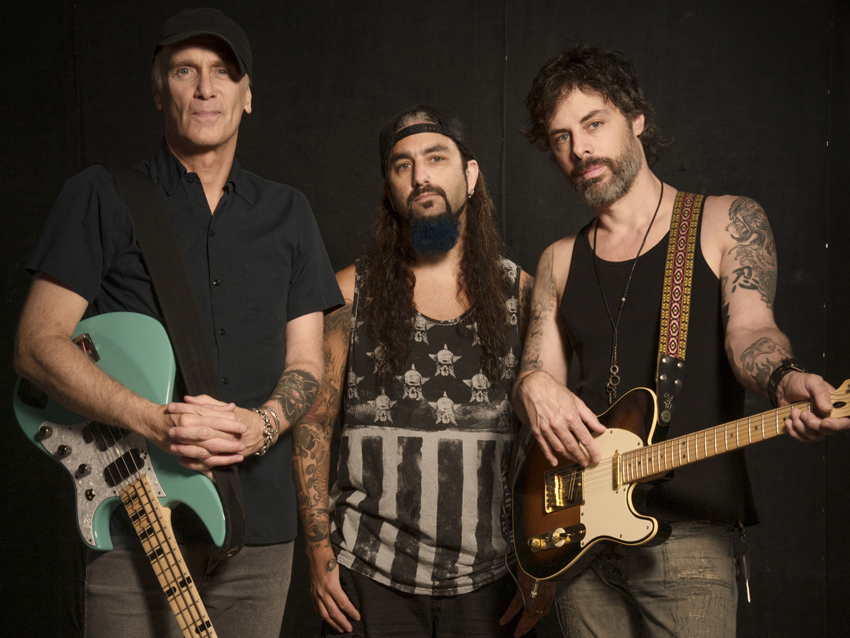
You Saved Me
Portnoy: “This one features my lyrics and melodies. It kind of got me out of my lyrics shell. After Dream Theater, I wasn’t sure if I was going to write song lyrics again, just because I felt as if I had said everything I had to say with that band, and I was looking forward to my post-Dream Theater life.
“It’s funny: Through the years, I’ve written lyrics about my recovery, and I’ve written songs about my mom and dad passing; I’ve written about every aspect of my life except for my wife, Marlene. She would always ask, ‘When are you going to write a song about me?’ And I would say, ‘Look, I’ve been waiting for the right subject matter,’ and I finally found it.
“For some reason, when we wrote this song, it inspired me to pick up the pen again. I basically wrote a ‘thank you’ to my wife for her incredible support and loyalty during the last couple of years, during which I’ve gone through some big some changes. I’m talking about how family is the most important thing of all. You know, your wife and kids are forever; everything else – bands, what have you – that’s gonna go. But family is what lasts, and that’s the message of the song."
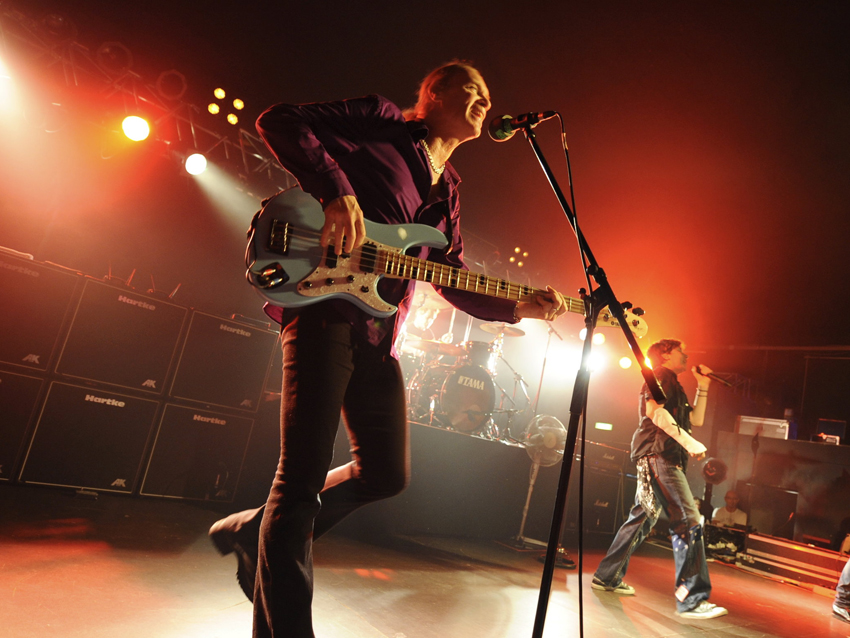
Not Hopeless
Sheehan: “There’s some wild playing in the middle of it. In the second part of the first riff, Richie and I do something together that I still have to figure out. I have it on my computer, and I keep listening to it over and over. I’ll get it eventually.
“Originally, the song was called ‘You’re Not Hopeless,’ but I said to Richie, ‘It’s Not Hopeless – what about that?’ That just seemed to make a little more sense to me. Sometimes a subtle change can make a big difference in what you’re trying to say.
“Richie had a lot of lyrics that were completely done and great, but we did some tweaks like that, where I made those kinds of suggestions. He was kind enough to listen to them and abide. I love the lyrical sentiment of this song. No matter what it is that you’re facing, there’s a way to get up and get around it. I don’t hear it often enough in this manner.”
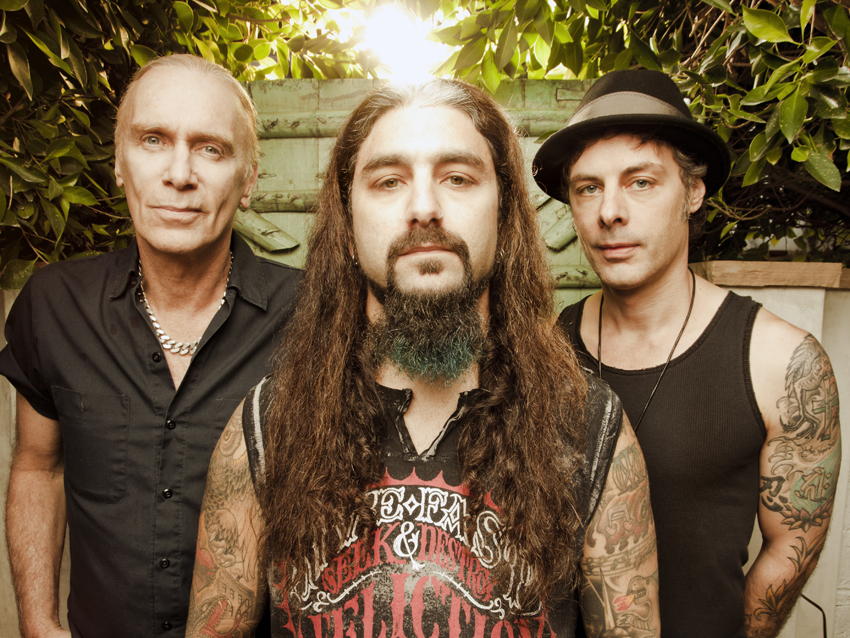
One More Time
Portnoy: “This actually is the very first song that we wrote together. Within the first 10 minutes of sitting in a practice room, we jammed on this riff and turned into a song. It was a sign of what was to come – this unbelievably fast, natural writing chemistry between the three of us. We were able to churn out song after song after song with great ease.
“I like the bit of a Black Crowes vibe to this one. It’s something I've never done before.”
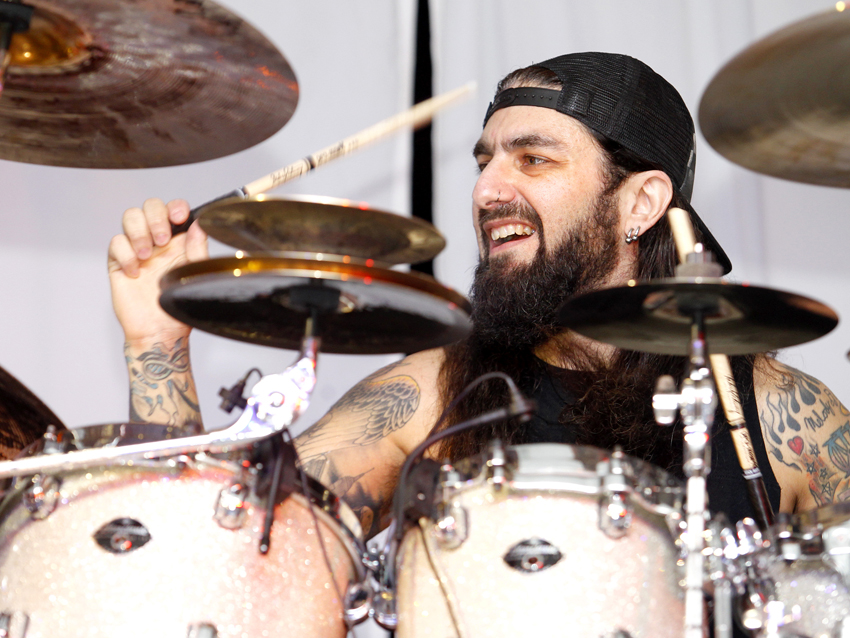
Damaged
Portnoy: “That’s one of the two tracks that is solely credited to Richie. It’s very different from what we were trying to do as a band, more in the vein of classic AOR. When Richie presented it as is, we kind of left it as is.
“It was so beautiful, and it presented me to play in a new kind of style for me – it could be on a Toto record. On this track, and on the whole record, actually, I played on a classic John Bonham five-piece kit. I’ve done tribute bands with smaller kits, but this was the first original band where I could do that. I needed the right group to let me get back to my roots.”
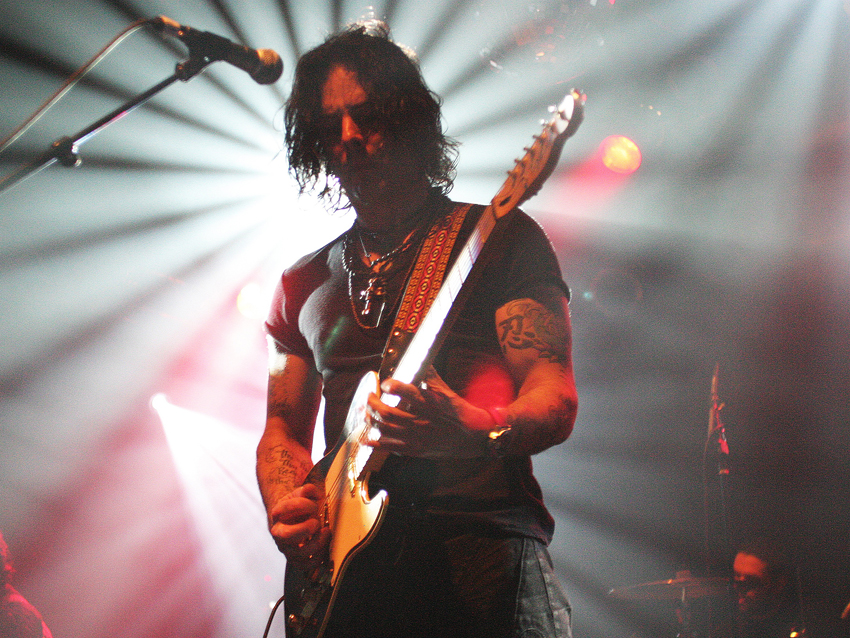
Six Feet Deeper
Kotzen: “I remember liking the music to it, and I liked what I was singing, but I was struggling with the lyrics. I had a ridiculous drug reference, like ‘16 fever,’ and I said, ‘I don’t want to sing about this,’ but sometimes you get locked into what sounds right phonetically against the music.
“One day, Billy, who knew that I was having a problem with the words, said to me, ‘What if you said ‘six feet deeper,’ like you’re in a bad relationship? I grabbed it, that storyline, and it worked really well. Sometimes you just need another person to make sense of everything. It can be a tiny little suggestion like that, but the difference it makes is incredible.”
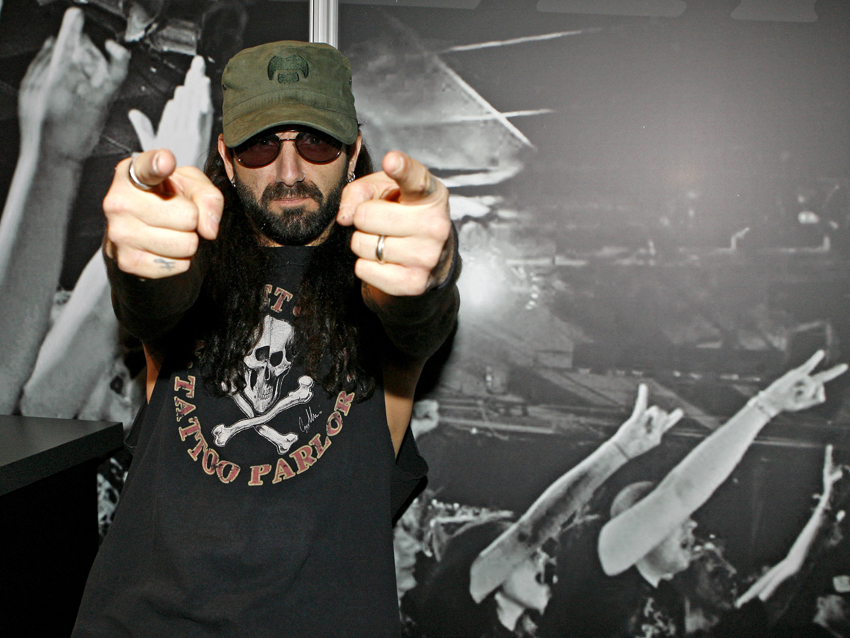
Criminal
Portnoy: “This is another one of the first songs we wrote together; it appeared within the first day or two. The Japanese label wanted an exclusive track for their release, so we gave them this one.
“It's as good as anything else on the album and will surely be part of the live set, even though it's not on the US/EU version of the album.”
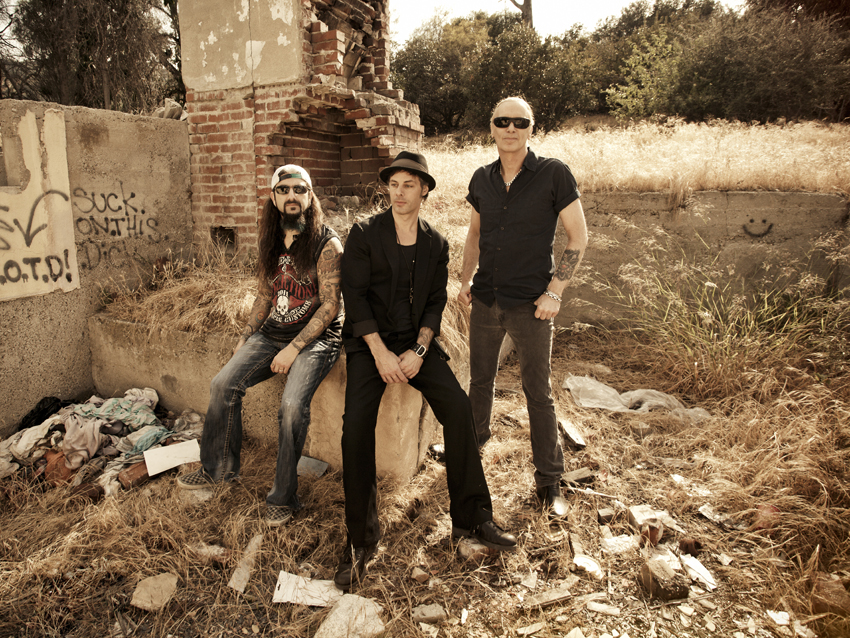
The Dying
Sheehan: “That’s a far-out kind of a science fiction song. We took some liberties melodically and lyrically, moving into a mood that sends you. I go somewhere when I hear this song.
“I love things like this. I remember driving to gigs with the guitar player from Talas. He had an eight-track in his car, and we’d put on Electric Ladyland and just sail. The stories and the imagery would transport me. The Dying reminds me of some of the things on that album.
“Richie treats a lot of tracks differently when he does his vocals. He’s got high and low voices going on, and they add a spooky tonality to the song. His singing perfectly complements the mood of the lyrics.”
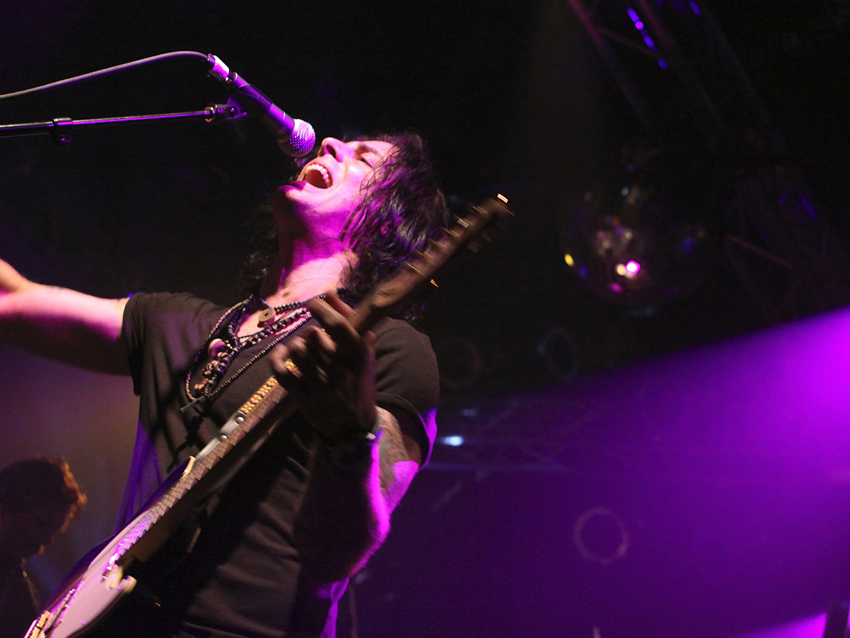
Regret
Kotzen: “This is by far my favorite song on the record. This is my arena; this is where I like to be. I have a million songs that are of this ilk – they’re like my comfort zone.
“When I approached the band about it, I was thinking, ‘We have some aggressive stuff, some shredding stuff, some bluesy songs, but we don’t have something from this element' – and you know, it's a big part of who I am. I asked them how they felt about me playing piano on a song, and they said, ‘What do you have?’ I played it for them, and they really liked it.
“I told Billy that I was struggling with the chorus. I had another chorus for another song, but I was thinking that it might be better for this one. He said, ‘If I were you, I’d use both,’ and he walked out of the room. I started thinking about that, and a half hour later I had it all figured out. The other part worked as an outro. It you have something good, try to find a way to use it.”

Joe is a freelance journalist who has, over the past few decades, interviewed hundreds of guitarists for Guitar World, Guitar Player, MusicRadar and Classic Rock. He is also a former editor of Guitar World, contributing writer for Guitar Aficionado and VP of A&R for Island Records. He’s an enthusiastic guitarist, but he’s nowhere near the likes of the people he interviews. Surprisingly, his skills are more suited to the drums. If you need a drummer for your Beatles tribute band, look him up.
"At first the tension was unbelievable. Johnny was really cold, Dee Dee was OK but Joey was a sweetheart": The story of the Ramones' recording of Baby I Love You
"Reggae is more freeform than the blues. But more important, reggae is for everyone": Bob Marley and the Wailers' Catch a Fire, track-by-track
"At first the tension was unbelievable. Johnny was really cold, Dee Dee was OK but Joey was a sweetheart": The story of the Ramones' recording of Baby I Love You
"Reggae is more freeform than the blues. But more important, reggae is for everyone": Bob Marley and the Wailers' Catch a Fire, track-by-track









